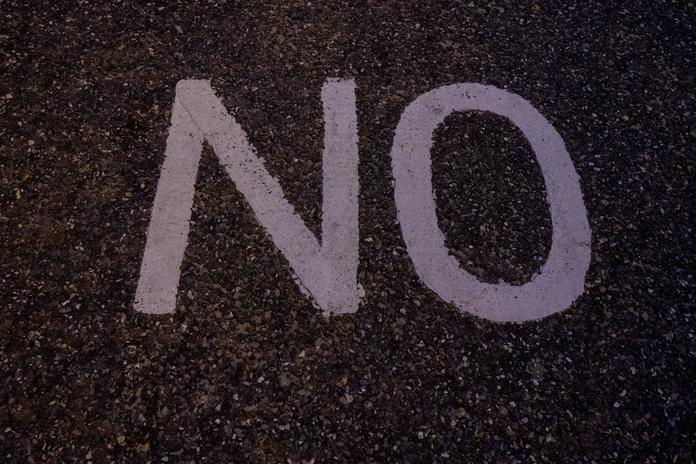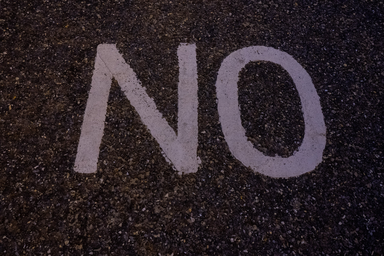The term “self-care” traditionally conjures up images of bubble baths, cucumber masks, hot tea and fuzzy slippers. To be sure, there’s nothing wrong with treating yourself to a spa day moment to relax and pamper yourself. However, sometimes a face mask isn’t the cure.
Self-care is a deeply personal journey. Discovering what works best to keep you feeling balanced, healthy and sane is fraught with experimentation and patience. For some folks, a daily journal works best, while others exercise or meditate.
Self-care is not a “one size fits all” sort of thing. It takes time to learn how to incorporate self-care habits into daily life. Partially, this is due to the fact that we’re taught that self-care is secondary in comparison to productivity. The things you can accomplish or produce are presented as more important than caring for yourself.
Unlearning this is challenging. Learning to separate yourself from your material accomplishments is hard, and taking the next step to value yourself above your productivity is even harder. But one seemingly small choice puts you back in control: saying “no.”
You’re allowed to say no to anything that makes you feel stressed, sad or uncomfortable. Refusing something is often taboo, especially in workplace environments where you’re expected to say yes. At the end of the day, you have a duty to yourself to protect your physical and mental well-being. This includes any environment you might find yourself in, whether professional or social.
It’s okay to say no to picking up that extra shift. It’s okay to say no to going out with friends when you really don’t have the energy to do so. If it’s a situation where you’re choosing between what feels right for you versus what other people want from you, you are the only one who can make that choice.
This lesson has been particularly important during the times of pandemic-induced virtual life. The expectation has become that everyone is somehow more available since there’s no more commuting or getting dressed for work. In actuality, it’s quite the opposite — the amount of emotional labor it takes to complete one task has effectively doubled in the current virtual reality.
All those extra things, like covering shifts at work or random favors for acquaintances, add up infinitely more quickly right now than ever before. By the time you get to the end of the day, it often feels like there’s nothing left in the tank and you’re running on empty fumes.
Learning to say no to the extra things that don’t absolutely have to be done and/or don’t spark joy has been the most invaluable thing to get me personally through this semester. Figuring out that I was happier delegating or re-evaluating or straight-up saying “hell no” instead of pushing through a task led to a better quality of life.
This might not seem like an earth-shattering revelation for some. On the surface, it seems almost pretentious to tell someone to just say no, to refuse, rather than working harder. But sometimes, when it feels like you’re trapped or drowning, you need someone to whisper that it’s okay to say no, walk away and take care of yourself.



